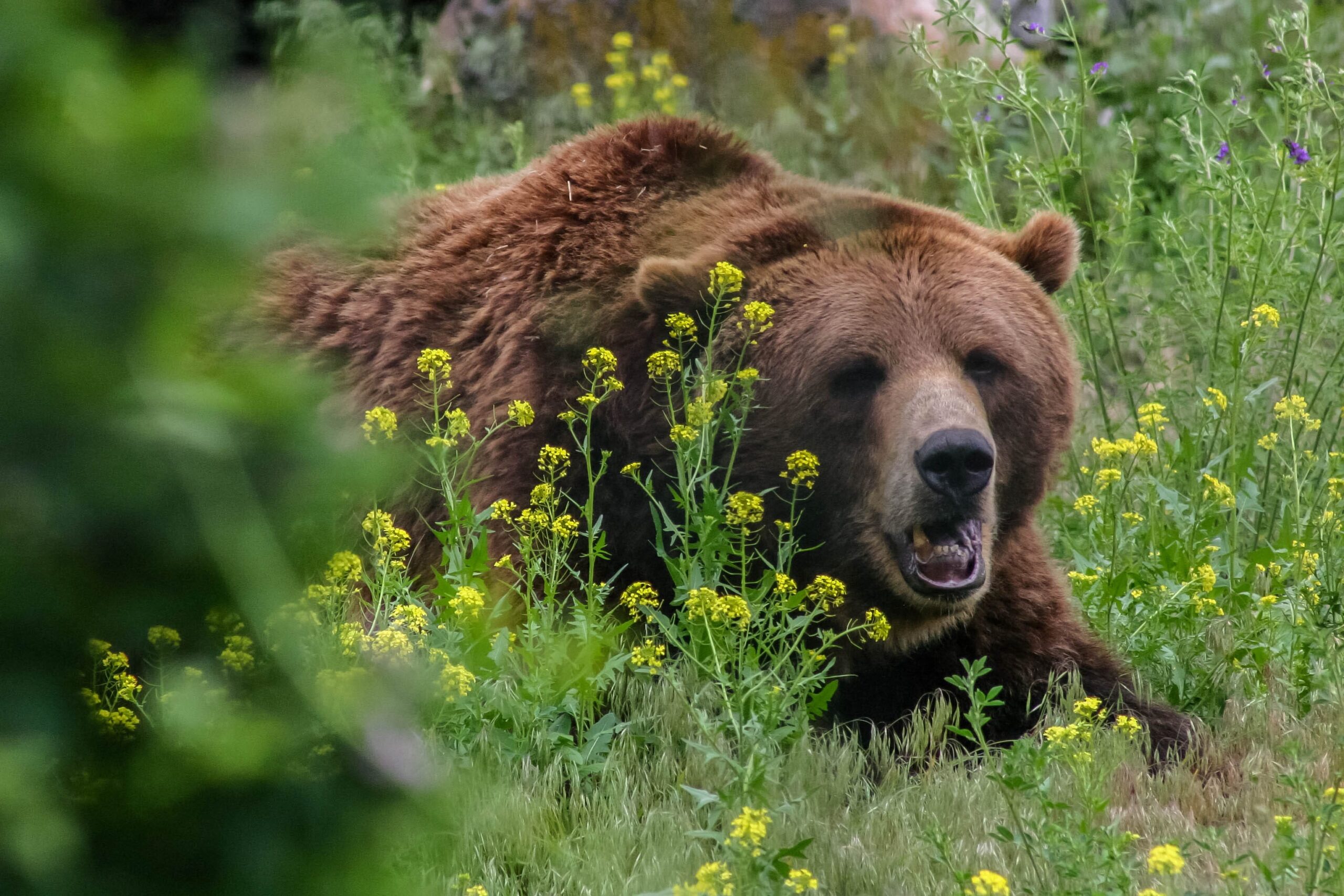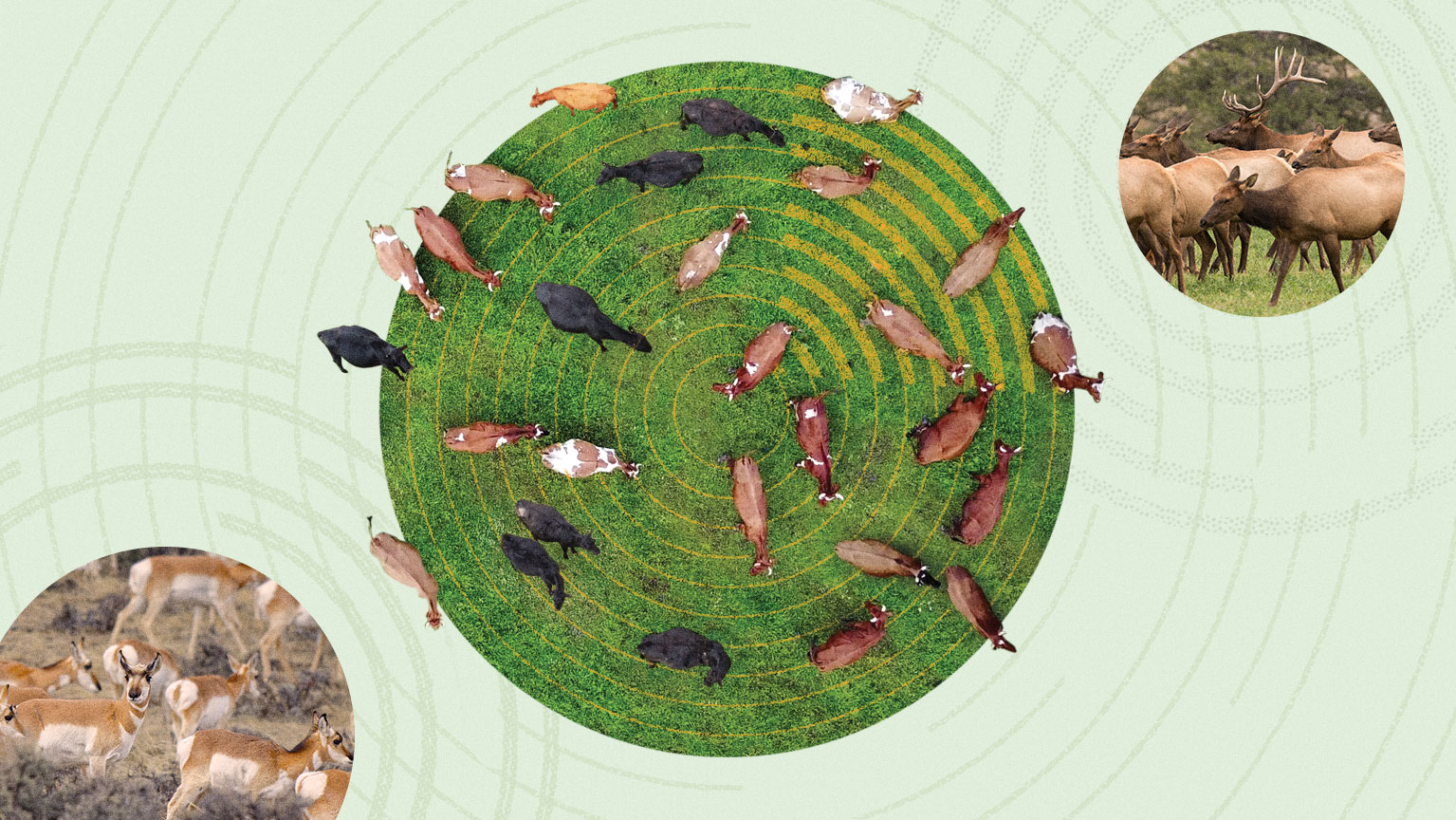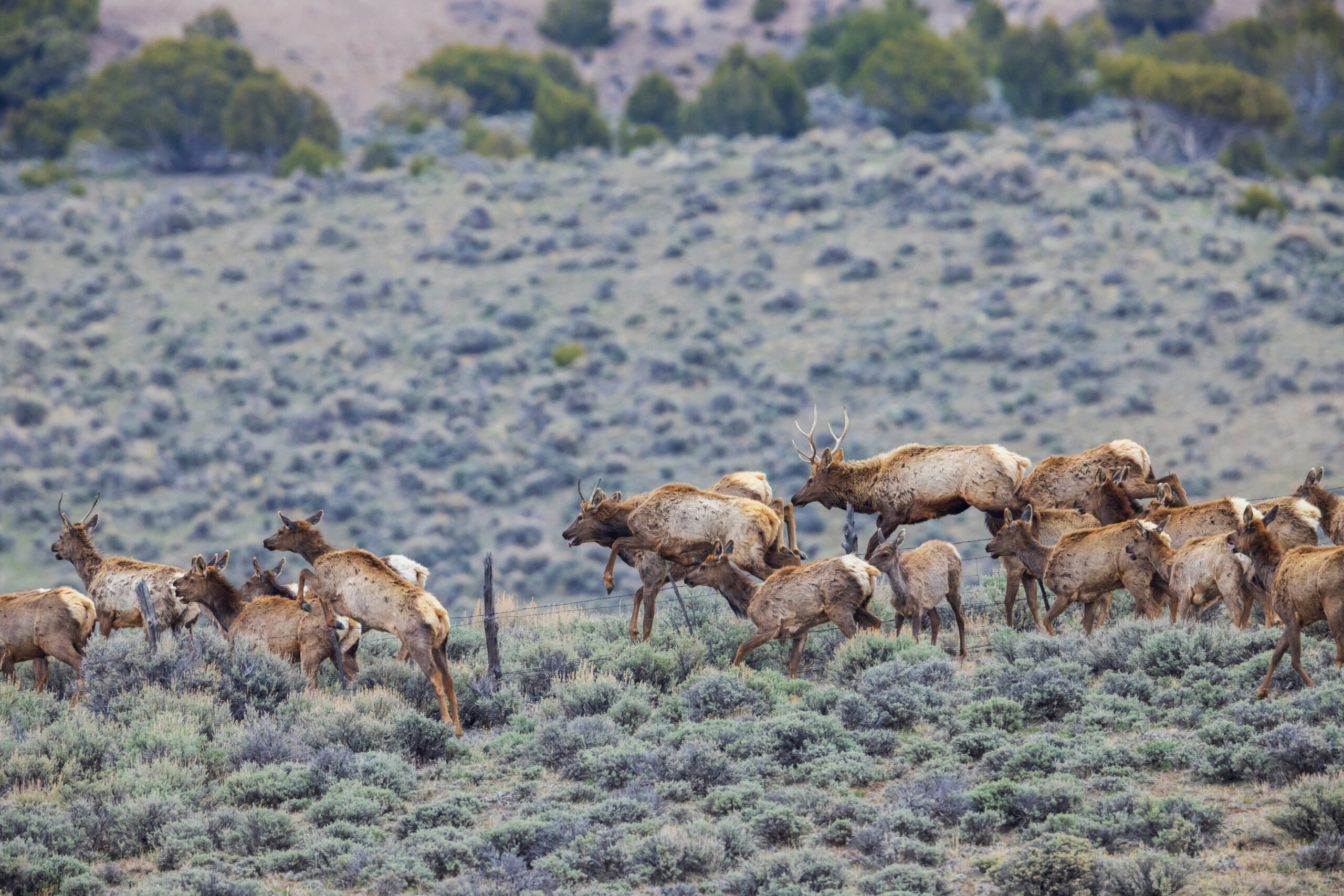Today is the thirteenth Endangered Species Day, a day marked by Congress to celebrate the efforts of a wide variety of individuals and groups to recover rare species. Importantly, it’s a day of positivity, not gloom, to recognize the progress that’s been made and encourage further progress.
This year, the poster species for this message could be the Greater Yellowstone Ecosystem grizzly. From a mere 135 bears in the 1970s, the population has grown to more than 700 today—likely the ecosystem’s carrying capacity—thanks to the coordinated efforts of federal biologists, states wildlife officials, tribes, conservationists, and landowners. As a result of these efforts, the U.S. Fish and Wildlife Service removed the Yellowstone grizzly from the Endangered Species Act’s “threatened” list in 2017.
This week, the House Natural Resources Committee’s Subcommittee on Waters, Oceans, and Wildlife held a hearing on the grizzly and a proposed bill to manage the population after its delisting. I testified against the current version of the bill, which would undermine necessary incentives for recovery efforts by depriving states and tribes of management flexibility and dictating federal management in perpetuity.
The witnesses at the hearing seemed to agree that this population has recovered, while emphasizing that there’s more work to do to recover other grizzly populations. For instance, Dr. Barrie Gilbert, a biologist who specializes in grizzly, acknowledged this recovery while emphasizing his concerns for other populations.
The hearing also hinted at potential opportunities to incentivize further recovery efforts. For instance, the Chairman, Congressman Neguse of Colorado brought up efforts by conservationists to enter the lottery for Wyoming’s planned grizzly hunt, intending not to use any licenses they might win. This “Shoot em’ With A Camera—Not A gun” campaign aimed to show that these grizzlies were more valuable alive than as a trophy. The planned hunt has not yet been held due to litigation, so it’s not clear what effect the campaign would have.
But it’s worth considering how federal and state policy can encourage markets to resolve these sorts of conflicts. Historically, hunting has been a major source of funding for conservation. As tastes and environmental values change, opportunities for non-hunting conservationists to contribute to wildlife management and recovery are needed.
For instance, the federal government could encourage states to allow conservationists to openly bid against hunters for these permits, committing to relocate a bear for every permit non-hunters win. This would be a win-win-win. The conservationist would be able to save a grizzly from the prospect of being hunted. The federal government would make progress toward its goal of recovering other populations. And the state would be able to manage the size of the current population (which is one of the conservation goals of the hunt).
Endangered Species Day, because it is focused on celebrating efforts to recover endangered species rather than lamenting the size of the challenge, is an appropriate day to consider how markets can help recover this and other species. The Yellowstone grizzly—only the 39th species to recover under the Endangered Species Act—is a reminder of what can be accomplished when states, tribes, conservationists, and landowners are properly incentivized to work together toward a common goal.




